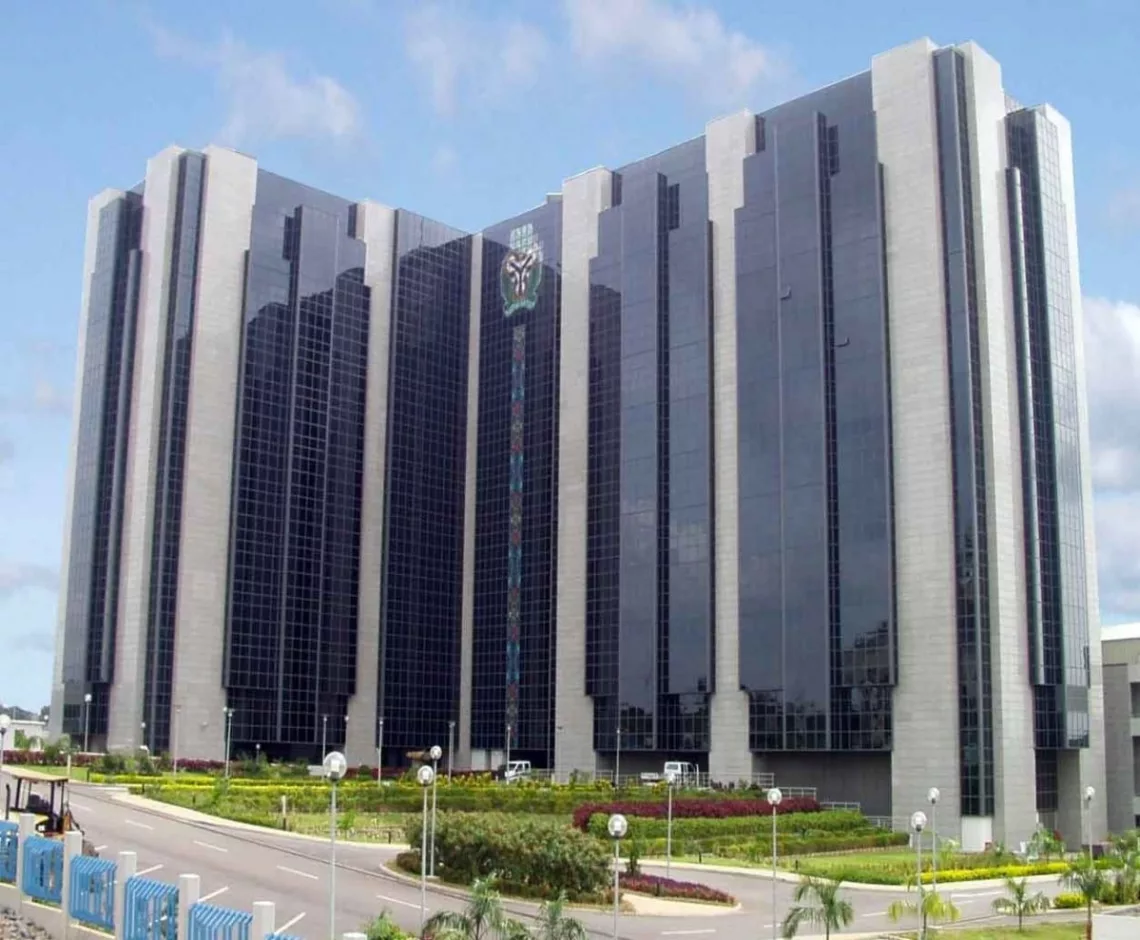Getting an alert when you have done any transaction can send shivers down the spine of any bank customer, and can even leave some with a panic attack or in a state of confusion. Many customers have consistently called out their banks on social media over monies deducted from their accounts.
The funds deducted can either be little or in some cases quite substantial. The case of Access Bank being called out on social media last year quickly comes to mind after the bank decided to deduct months’ worth of stamp duty from their accounts.
The deductions did not go down well with customers, some of who were not aware that they were supposed to pay N50 as stamp duty for any transaction that is above N10,000, a stipulation of the federal government.
In 2019, the Central Bank of Nigeria (CBN) had released the guide to bank charges which became effective on January 1, 2020. The revised guide had seen a major cut in the charges that bank customers have repeatedly complained against such as electronic transfers as well as the charges on remote-on-us Automated Teller Machine (ATM) transactions.
With the last guide having been issued in 2004, the 2020 guide to bank charges, asides addressing customers’ complaints also had new sections on accountability, responsibility and a sanction regime to directly address instances of unapproved and arbitrary charges. The accountability session states that the “Executive Compliance Officers (ECO) shall monitor compliance with the requirements of this Guide and shall be held liable for any breach.
According to the guide, electronic transfers of N5,000 and below will have a N10 transactions cost plus VAT and transfers of above N5000 but below N50,000 now attract N25 charges plus VAT, while transfers above N50,000 will attract N50 charge plus VAT. The charges on electronic transfers had been cut from N50 which most banks were charging at that time.
As against the N65 previously charged by banks after third withdrawals on remote-on-us ATM transactions, the CBN had insisted that bank do not charge above N35 per withdrawal. The charge is however supposed to be deducted after the third remote on us withdrawal in a month.
Many banks however flout this rule as some charge even the first remote-on-us transaction by customers while some circumvent it by not allowing customers withdraw more than a certain amount at a time. For example, some banks’ ATM will only dispense N10,000 per withdrawal for cards that is not issued by them thus a customer wanting to withdraw N30,000 will have to make three withdrawals at a spot.
The revised guide also cut maintenance charges on cards from N600 spread through the year to N200, a N400 shave off from what card holders would have to pay banks on an annual basis. Maintenance charge for foreign currency card holders was also cut down to $10 or its equivalent from the previous charge of $20 yearly.
Other major changes in the charges include removal of Card Maintenance Fee (CAMF) on all cards linked to current accounts, a maximum of one naira per mille for customer induced debit transactions to third parties and transfers or lodgments to the customers’ account in other bank on current accounts only.
Other reductions include Advance Payment Guarantee (APG) which is now pegged at maximum of one per cent of the APG value in the first year and 0.5 per cent for subsequent years on contingent liabilities. The guideline also stipulates an interest rate minimum of 30 per cent of monetary Policy Rate (MPR) which is currently 13.5 p.a., around four per cent if a customer does not make more than four withdrawals in a month.
The guide also stipulates that a one-off charge of N1,000 applies to the issuance of cards, irrespective of card type (regular or premium). The same one-off charge of N1,000 applies for the replacement of debit cards at the customer’s instance for lost or damaged cards. In the same vein, upon expiry of existing cards, customers are to pay the same one-off charge of N1,000 irrespective of card type. Conversely, no charge shall be required for pre-paid card loading/unloading.
He noted further that there will be no more charges for reactivation or closure of accounts such as savings, current and domiciliary accounts while status enquiry at the request of the customer (like confirmation letter, letter of non-indebtedness and reference letter) will now attract a fee of N500 per request.
On Current Account Maintenance Fee (CAMF), the Guide expressly stated that this would be applicable only to current accounts in respect of customer-induced debit transactions to third parties and debit transfers/lodgments to the customer’s account in another bank. It emphasized that CAMF is not applicable to Savings Accounts.
Although not stipulated in the guide to bank charges, bank customers making electronic transfers above N10,000 are liable to pay N50 in stamp duty. On June 3, 2021, the Federal Inland Revenue Service (FIRS) released a circular to clarify the provisions of the stamp duties act (SDA). In that circular, they explained that electronically generated receipts are liable for stamp duties. And they admonished Banks and other financial institutions to charge appropriate stamp duties on qualifying transactions.





